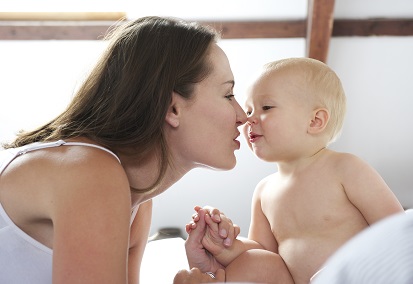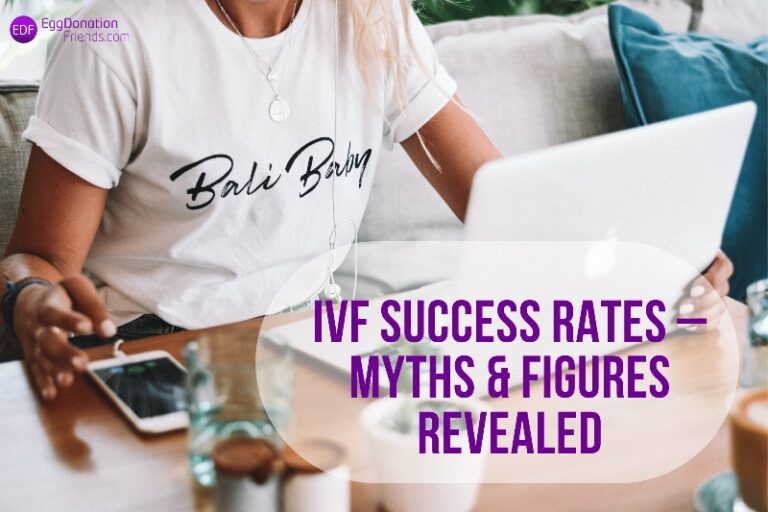You have finished your studies, found your first job and you discover that independent living is a costly affair and that you cannot afford fashionable clothes, dinners at restaurants or holidays abroad because of low pay. You do not want to give up pleasures and count every penny. Therefore, you focus on your job and undergo training to gain the knowledge and experience necessary for promotion. You complete various courses, climb the career ladder and suddenly you realize that you have turned thirty. Sounds familiar? If work is an important part of your life and you do not feel ready to start a family, the decision to delay having children is justified. Why?
A better start in life for your child
The financial situation of women who were professionally active for over a decade before having their first child is better compared to that of fresh higher education graduates, trainees and junior assistants in a corporation. Therefore, they are able to provide their children with optimal conditions for development and they do not lose any sleep thinking about childcare costs.
Financial comfort usually goes hand in hand with well-being, and a calm, relaxed mum is a real treasure. An even greater treasure is a mum who is able to devote much time to her child and who does not feel obliged not to take childcare leave because the sooner she returns to work after childbirth, the less she will miss out on.
Age = experience
According to popular myth, it is young mums that burst with energy and enthusiasm, readily play with their children in a sandpit and are full of ideas for creative games. In fact, there are also many energetic and dedicated mothers among women in their forties. However, in each age group there are women who are not handling the role of a mother well and who are not able to develop a close relationship with their children.
What distinguishes mothers who are in their thirties or even forties is their greater life experience and the resulting wisdom, which helps them distinguish between trivial problems and real threats (peace is worth its weight in gold in situations of crisis…).
You might be interested in reading:
Difficulty becoming pregnant
Late motherhood has a number of advantages, but it should be borne in mind that fertility decreases with age. Women lose 88% of their egg cells by the time they are 35. Women over the age of 40 have only about 3% of egg cells. This significant decrease in fertility translates into smaller chances of pregnancy. One third of women aged 35-39 have fertility problems. In the 40 to 44 year-old age group, as many as 64% of women have such problems.
If you have been trying for a baby for months without success, it is time to decide:
- Whether you should keep trying and wait for a miracle;
- Whether you should consult a specialist;
- Whether you should consider adoption when you are diagnosed as having fertility problems.
Postponing a visit to a doctor works to the disadvantage of a woman, especially when her infertility is caused by health problems, and the lack of appropriate diagnosis and effective treatment unnecessarily prolongs the period of stress and frustration. Instead of waiting, it is better to consult a doctor at a specialized clinic. Modern medicine offers many possibilities of fighting infertility. Many highly effective in vitro fertilization techniques offer couples who have been trying for a baby for many years a chance to experience parenthood.
Egg donation
Sometimes fertility test results are hard to accept. However, even if it turns out that a woman does not have her own egg cells, it is not all doom and gloom. One option that may be considered is to adopt – a child or an egg cell of another woman, which is becoming more and more popular. Thanks to the use of an egg cell donated by a healthy, young donor, women up to 49 years old may become pregnant and give birth to a child. A donated egg is then fertilized by in vitro fertilization, and the created embryo is transferred to the uterus of a recipient so that it continues to develop as if it was conceived naturally.
Related reading: How much does it cost for donor eggs IVF?
Table of Contents





